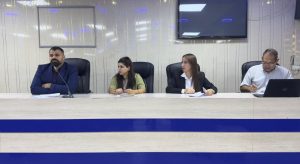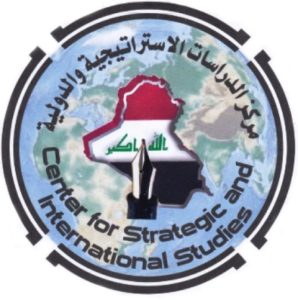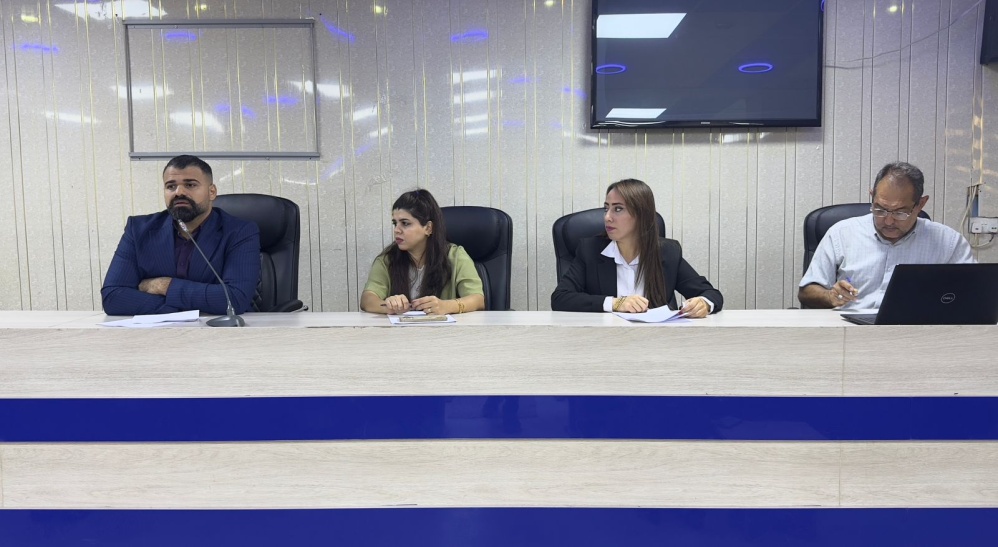The Center for Strategic and International Studies at the University of Baghdad, in cooperation with the Continuing Education Unit of the College of Political Science, held a scientific symposium entitled “The Multiple Dimensions of the Thirty-Fourth Arab–Iraqi Summit: A Comprehensive Analysis of Challenges and Prospects” at the Dr. Jihad Al-Hassani Hall in the college.
The symposium offered a comprehensive analytical reading of the proceedings of the Thirty-Fourth Arab Summit, which convened in the Iraqi capital, Baghdad, on May 17, 2025, amidst complex regional and international circumstances. The discussions reflected on the escalation of the conflict in Gaza, the ongoing crises in Syria, Yemen, and Sudan, as well as the economic and security challenges confronting most Arab states.
The event aimed to enhance academic awareness regarding the significance of the Arab–Iraqi Summit and to explore future horizons for the development of joint Arab action in addressing regional and international challenges.
Several faculty members from the Center participated in the symposium, including Assistant Professor Dr. Jaafar Al-Sadiq Mahdi Atiya, Lecturer Rasha Fadel Jazzaa, and Lecturer Ali Abdulmutalib Sadiq. Their discussions focused on the political, security, economic, and social challenges facing the Arab region, as well as the visions and proposals that emerged from the Baghdad Summit 2025 to address pressing regional and global issues.
The symposium concluded with a set of key recommendations, most notably.
- The necessity of adopting a democratic working framework within the Arab League to ensure the complementarity of roles among its member states.
- The establishment of a permanent reconstruction and relief fund under joint supervision of the Arab League and the United Nations.
- The launch of an Arab initiative for regional peace and security incorporating a mechanism for military and security coordination.
- The enhancement of Arab economic integration through joint projects in the fields of energy and infrastructure.
- The implementation of structural reforms that grant the Arab League greater autonomy in the conduct of joint Arab affairs.
- The inclusion of civil society organizations in relief and reconstruction efforts.
- The expansion of Arab diplomatic channels for dialogue with influential international powers.
The symposium emphasized the strategic centrality of Baghdad as a forum for constructive Arab dialogue and reaffirmed Iraq’s essential role in promoting a cohesive and future-oriented Arab vision within the context of dynamic regional and global transformations.










